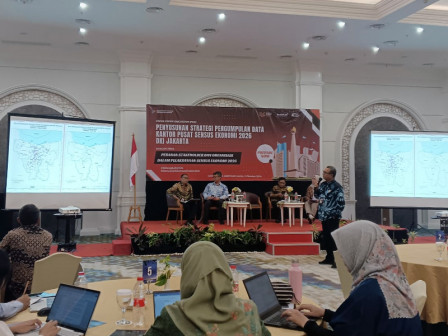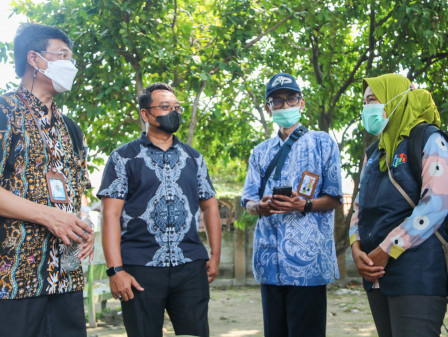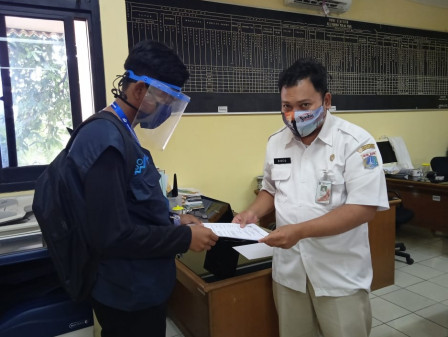Jakarta BPS Prepares Strategy for 2026 Collecting Economic Census Data
Reported by Budhi Firmansyah Surapati | Translated by Nugroho Adibrata
The Jakarta Central Statistics Agency (BPS), held a Forum Group Discussion (FGD) to develop a data collection strategy for the implementation of the Economic Census 2026, Thursday (10/3).
Jakarta's future economic development requires accurate economic data
The activity held at Tavia Heritage Hotel, Cempaka Putih was attended by representatives of regional apparatus organizations (OPD), business actors, professional associations, media, and Jakarta BPS.
Jakarta BPS Head, Nurul Hasanudin stated many companies throughout Indonesia have their head offices in Jakarta. Therefore, a comprehensive effort was needed to produce accurate data during the Economic Census 2026.
BPS: Population Census Eyes 11 Residential Islands in Seribu Islands"It is important for us to build collaboration to smoothen the Economic Census 2026. Public participation is very important in compiling accurate statistical data to support national development," she explained.
She hoped that the FGD held could build trust and cooperation while identifying needs and challenges in the upcoming Economic Census process.
"Hopefully, it can also be a momentum for stakeholders and business actors to provide input. So, we can develop a better coordination strategy, strengthen communication and synergy," she explained.
She added the Economic Census is very important for the continued development of Jakarta, which no longer holds the title of capital city and is transforming into a global city.
The data produced by Economic Census was expected to boost Jakarta's position as a Global City, which is currently ranked 74th from 156 countries studied by AT Kearney in The Global Cities Report 2023.
"Jakarta's future economic development requires accurate economic data. So, the census process will need the right strategy," she asserted.
Deputy for Distribution and Service Statistics for BPS, Pudji Ismartini said the Economic Census 2026 is a mandate of Law No.16/1997 on statistics. The census has been held every 10 years since 1986.
Technically, the implementation stages of economic census 2026 will last for five years. Starting from the planning stage, survey implementation to dissemination of results from 2024 to 2028.
He added the target of Economic Census 2026 was expected to provide complete information on the economic structure, characteristics and information on the digital economy and environmental economy.
"I hope this FGD can bring great benefits to the Indonesian nation," he hoped.




